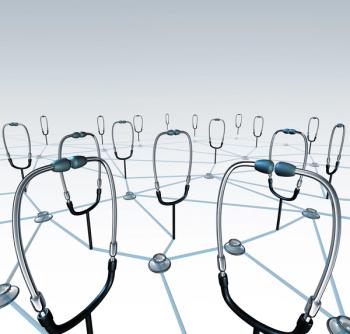
Insights from the first study of mortality and cumulative psychotropic exposure in schizophrenia.

Insights from the first study of mortality and cumulative psychotropic exposure in schizophrenia.
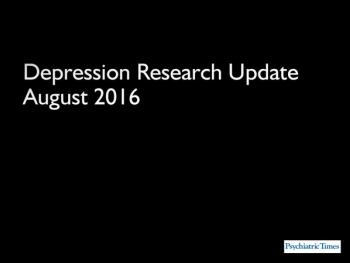
Three recent studies assess the benefits of various therapies for MDD.

Should doctors be legally allowed to assist terminally ill patients in committing suicide?

A safe, noninvasive method for early detection of depression could be around the corner.
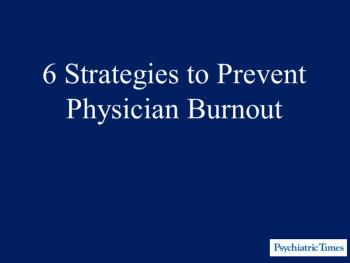
Once a health care professional has reached a chronic stage of burnout, lives may be at stake. But prevention and treatment are possible.

When physicians behave disruptively in the workplace, what is the most likely cause?
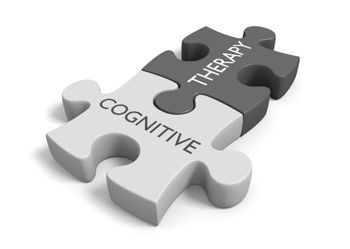
How best to tackle a challenging core feature of MDD.
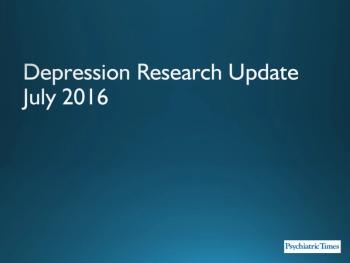
Three new studies focus on innovative strategies to manage depression.

The very traits that define a good physician make it difficult for most doctors to prioritize basic self-care. Many fail to notice early signs of dysfunction.
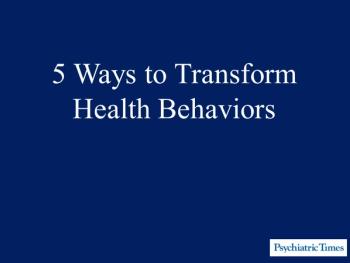
Proper technique, practiced over time, can transform an appointment from "medication management" to a serious change in behavior, as evidenced by the 5 examples featured in this article.
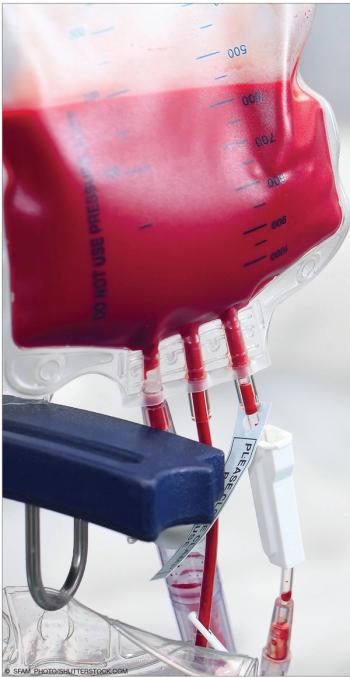
Does this patient have decision making capacity to refuse a blood transfusion that will likely save his life? You are the ethics consultant, and the decision is yours.
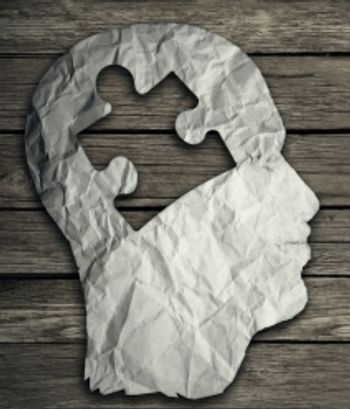
Three reasons clinicians skip over bupropion.
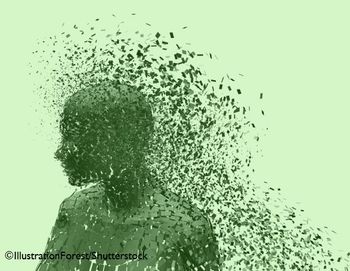
For patients suffering the chronic, debilitating symptoms of schizophrenia, antipsychotic medication is a critical component of treatment-and may literally be life-saving.
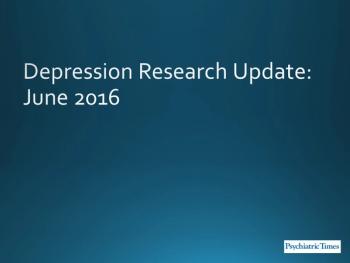
Three new studies focus on risk factors for the development of depressive disorders.

Here: Insights regarding both the potential positive and negative effects of omega-3 fatty acids on depressive symptoms.
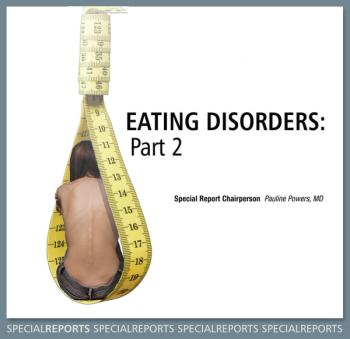
A special collection of current clinical work and issues surrounding eating disorders-specifically comorbidity, prevalence in men, and mortality.
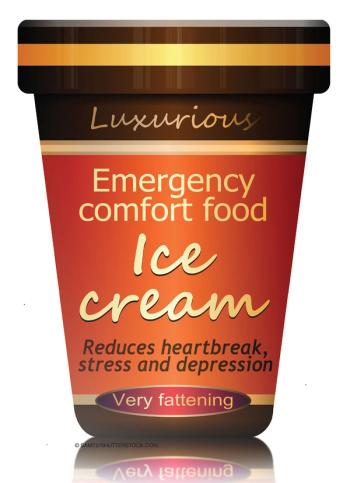
A 20-year-old college sophomore with “depression and anxiety,” who is exercising ferociously and who is literally dying to lose more weight sets the stage.
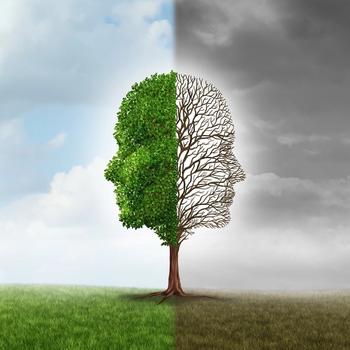
How generalizable are the results of depression treatment studies? Which factors predict readmission and length of stay in inpatients with mood disorders?

In this study, about 70% of patients who completed suicide had recently sought treatment. Will you recognize those at risk?

Is creativity augmented or inhibited by mental illness? Insights from 4 case studies of troubled yet brilliant minds.

Depression can be accompanied by cognitive symptoms, but the nature of the relationship between these symptom categories is multifaceted.

Therapeutic techniques can enhance psychological resilience and may help patients improve their quality of life. Here's how.
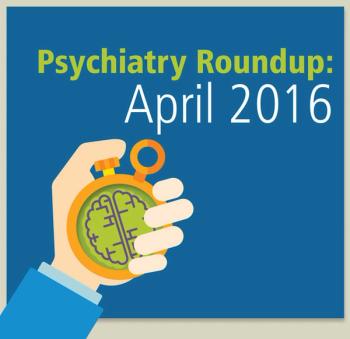
When doctor and patient disagree about care at the end of life: one of six issues in the psychiatric news.
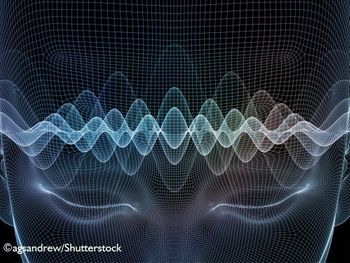
In recent years, health care insurance companies (and the businesses that use them) have begun to invest in mindfulness research and programs What has happened to explain this development?
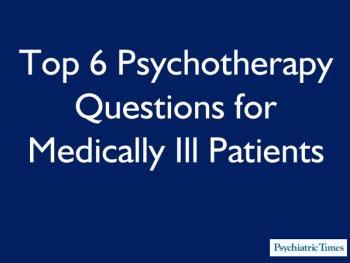
A brief psychosocial tool that offers compassionate, tailored care using existential neuroscience, a new perspective for conducting bedside psychotherapy.